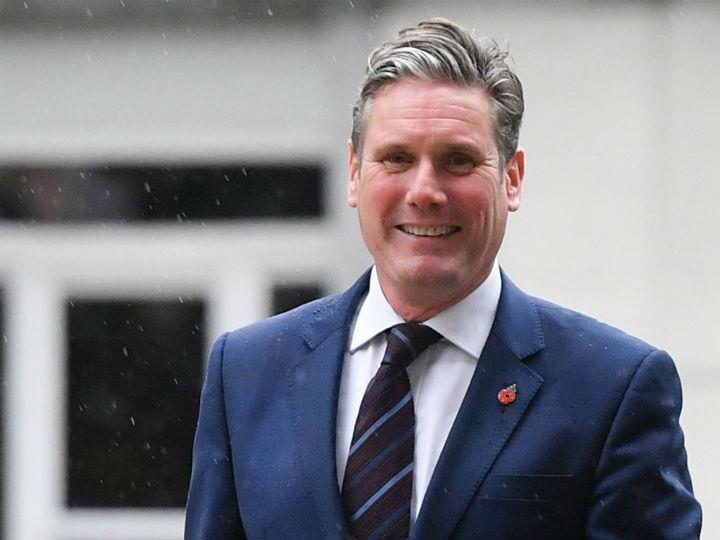by Rajnish Singh
In 1997, Tony Blair’s New Labour swept to power to the upbeat optimism of D.Ream’s Things Can Only Get Better. Nearly three decades on, the contrast is stark: the mood around Keir Starmer and his government is grim, dogged by crisis and increasingly defined by Nigel Farage.
Starmer’s biggest blow came with the resignation of his deputy, Angela Rayner, after she was found to have underpaid property tax. Her departure forced a panicked reshuffle and exposed Labour’s deep internal rifts. At the very moment Labour should be consolidating its authority, the party looks weak and directionless.
Up steps Farage and his Reform party, formally the Brexit Party, which is now polling at around 35%, ahead of both Labour and the Conservatives. Even under first-past-the-post, such numbers could translate into dozens of seats — and make Farage a kingmaker, if not prime minister.
Confidence in Reform and its members is soaring; it had a successful party conference in Birmingham, early September. With announcements of Conservative defections and even campy style sing-alongs, it looked less like a newly formed party, but one getting ready to grab power.
The party’s rise is fuelled by disillusionment with the old parties. Immigration, economic insecurity and national identity dominate its message. Farage delivers it with his trademark directness, cutting through to voters who feel ignored. As critics often note, you may dislike him, but at least you know what he stands for. With Starmer, clarity about his vision for his government is still missing.
Farage has also built an international profile. His ties with Donald Trump and Europe’s populist leaders — Marine Le Pen, Matteo Salvini, Viktor Orbán and Geert Wilders — bolster his image as an anti-establishment heavyweight. These alliances play well with his base, though they risk alienating moderates.
Reform is setting the agenda, while Labour reacts. Starmer’s government has begun hardening immigration policy, even considering a reinterpretation of the European Convention on Human Rights to make deportations easier. But this makes the ruling party, despite its massive parliamentary majority, look defensive rather than decisive.
But for Starmer, the threat comes from both sides. On the right, Reform is swallowing Conservative support. On the left, Labour risks leaking votes to the Greens or a potential new party led by former leader, Jeremy Corbyn. Britain’s political landscape is fragmenting, and Labour’s once-solid coalition is under strain.
Meanwhile, the Conservatives remain adrift, unable to define a role in a post-Brexit world. That leaves Farage uniquely positioned to capitalise on public anger and present himself as the only politician who speaks plainly.
Starmer still has time, but not much. Labour’s party conference at the end of September could be his last chance to convince voters — and his own MPs — that his government has a purpose beyond clinging to office. Without a bold, decisive vision, he risks becoming a former prime minister while Farage defines the national debate.
“Things Can Only Get Better” once captured the spirit of Britain’s optimism. Today, the slogan for many voters feels like a cruel joke.




 By: N. Peter Kramer
By: N. Peter Kramer
